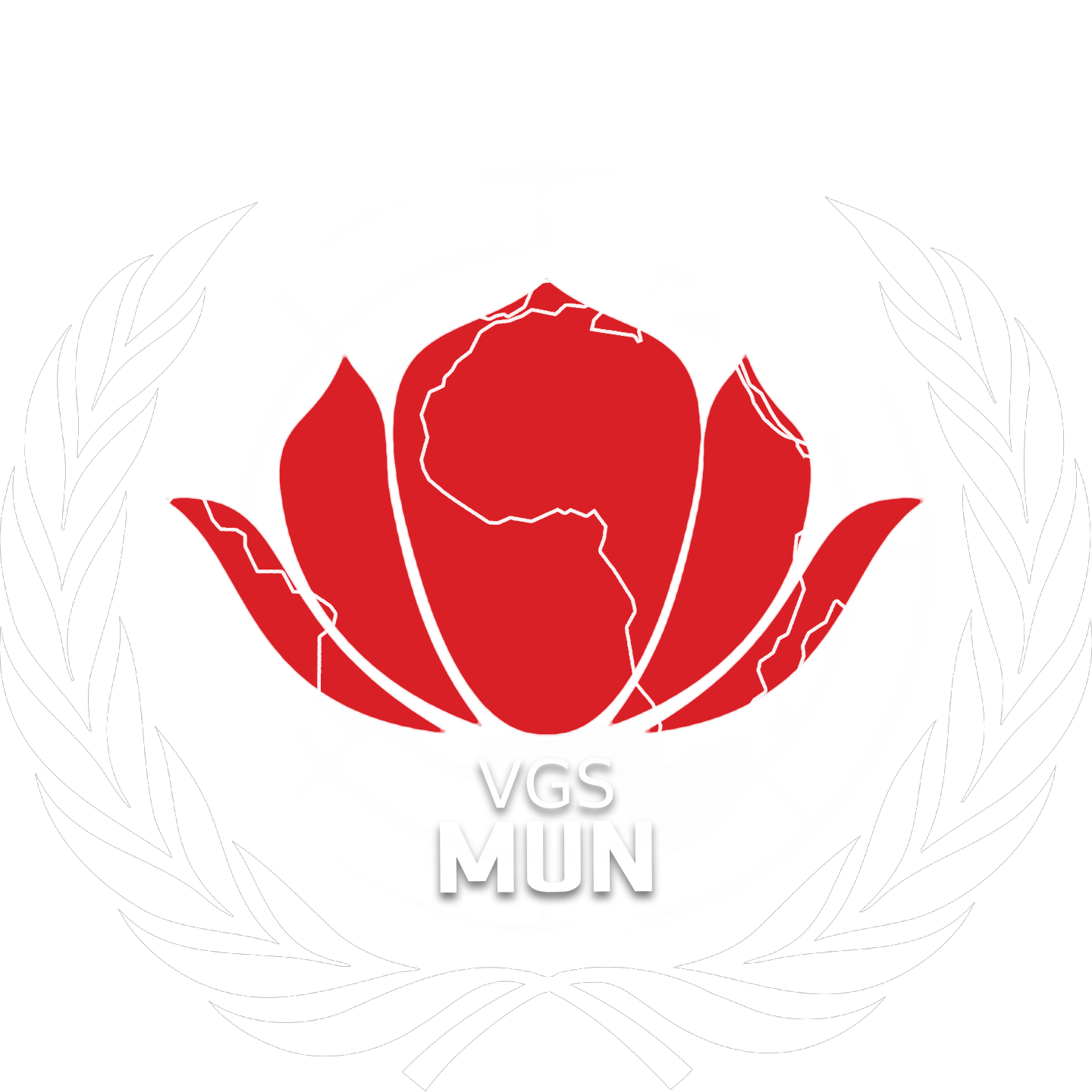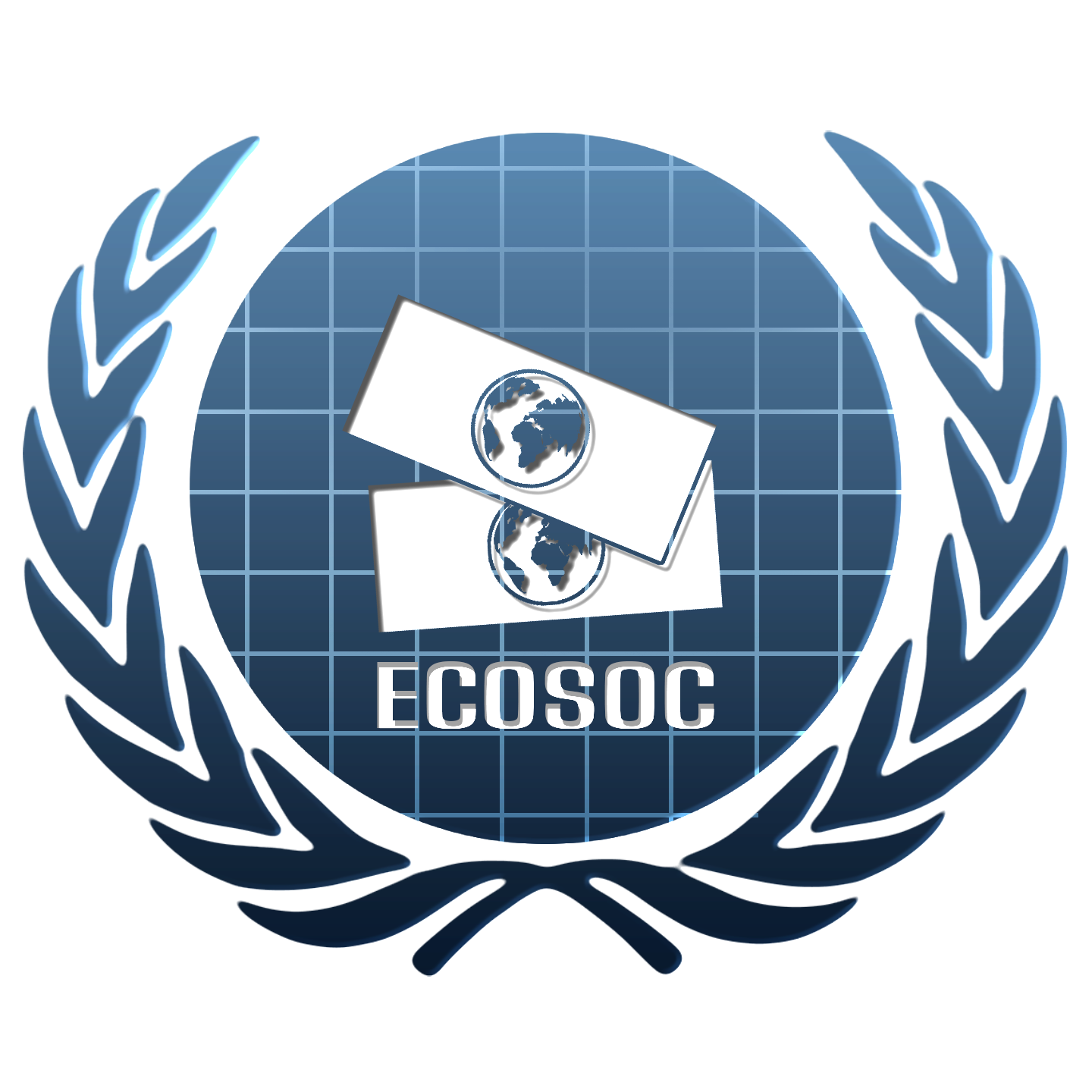Evaluating the financial implications of trade protectionism and the weaponisation of tariffs
Description
As one of the United Nations’ six principal organs, the Economic and Social Council (ECOSOC) is the premier platform for international dialogue on economic, social, and development challenges. It drives global efforts to promote sustainable development, reduce inequalities, and foster cooperation among nations. The present-day global economy grapples with expanding pressures from trade protectionism, where tariffs have evolved beyond revenue tools into strategic instruments of economic coercion and geopolitical leverage. This shift threatens market stability, disrupts supply chains, and disproportionately burdens developing countries, undermining principles of fair and open trade. Delegates must navigate complex economic realities, balancing national interests with collective responsibility. Through informed debate and collaborative policymaking, ECOSOC aims to address the financial consequences of tariff weaponization and seek pathways to restore equitable and sustainable global trade.


